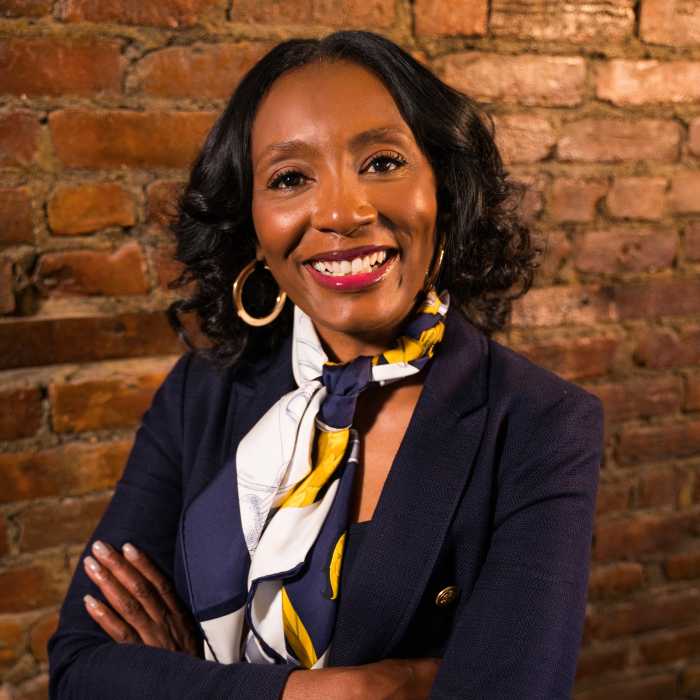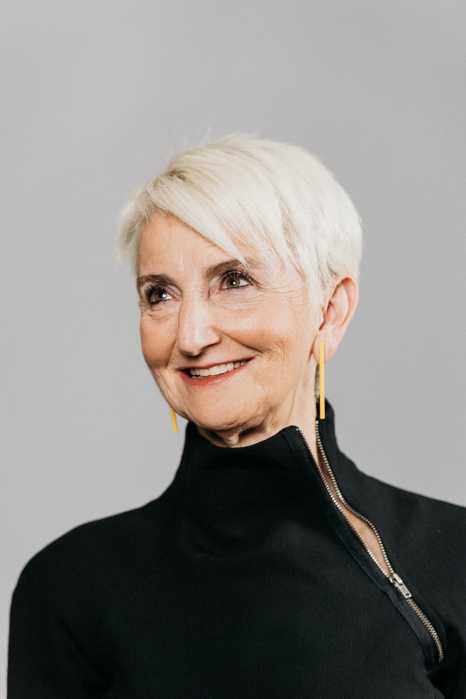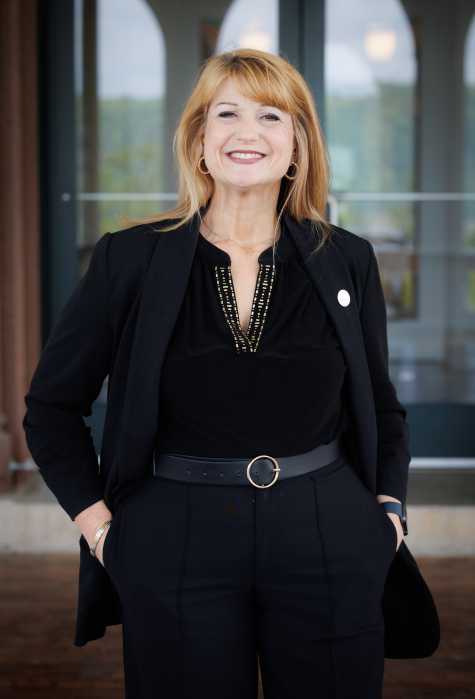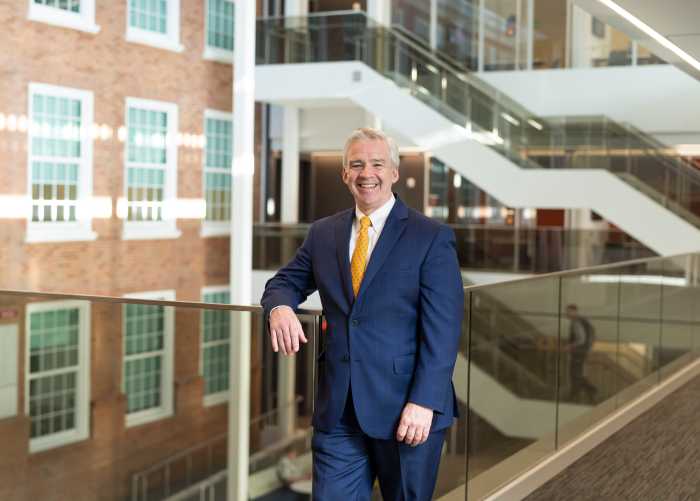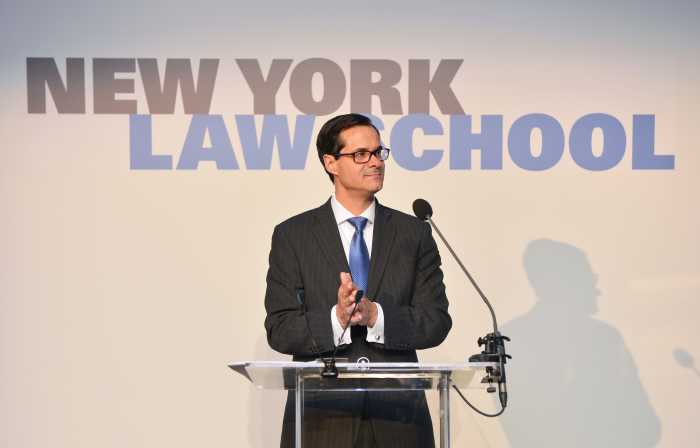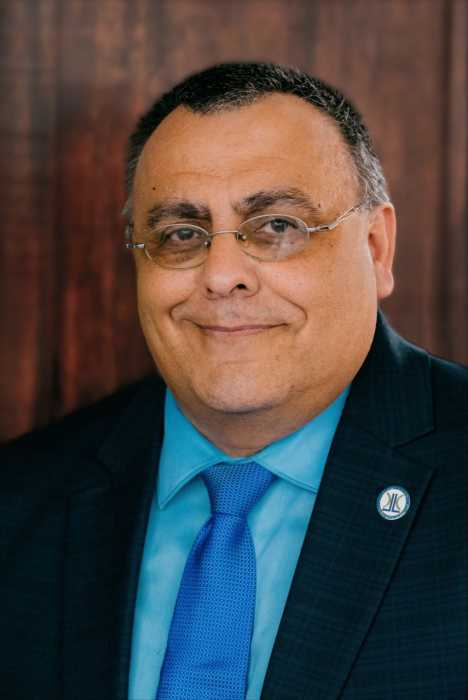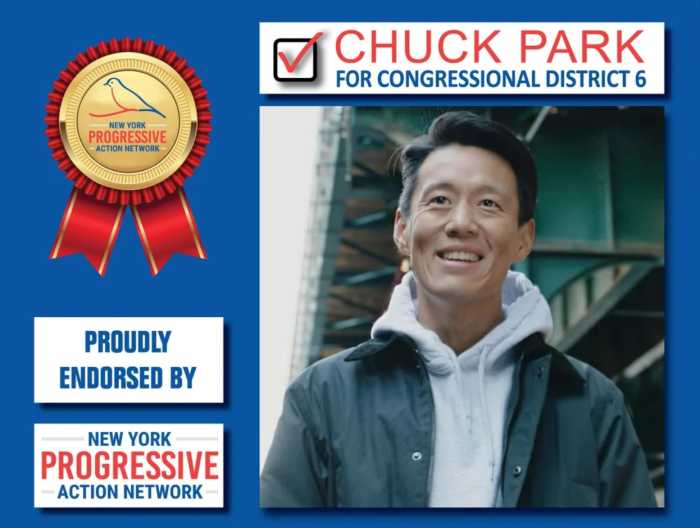Lola W. Brabham is president of the Commission on Independent Colleges and Universities. CICU represents more than 100 independent colleges and universities in New York. Prior to joining CICU in 2021, Ms. Brabham served as commissioner of the NYS Department of Civil Service. Ms. Brabham possesses a dual Bachelor of Arts in Criminal Justice and Sociology from the State University of New York and an MPA from Rockefeller College of Public Affairs and Policy.
How can policymakers support New York’s students and educators?
The most effective way to help students is to invest in student aid which will ensure that more students succeed in their pursuit of higher education. Increasing student aid also includes supporting opportunity programs like Liberty Partnership, STEP, C-STEP, HEOP and others to ensure students, including first-generation and those belonging to underrepresented groups, are provided the assistance they need to attend college, graduate, and fulfill their human potential.
What is the best advice you have received from a mentor?
The best advice I’ve gotten is “work hard and pursue your passions” and “to be an open and forthright leader”.


